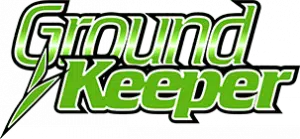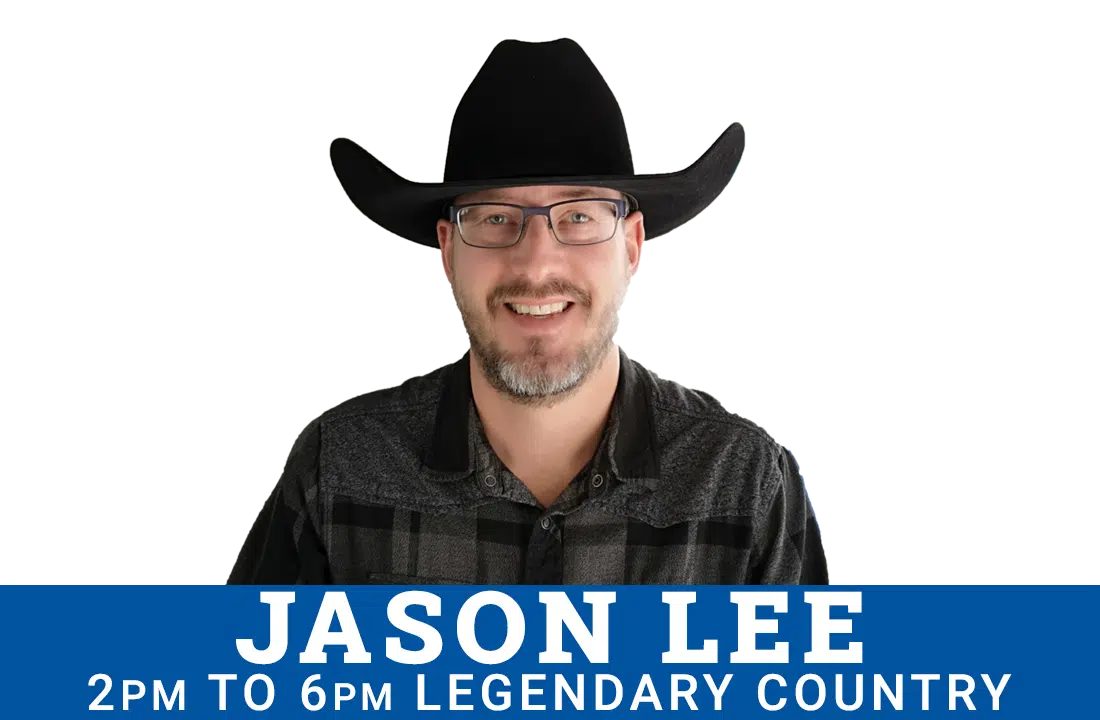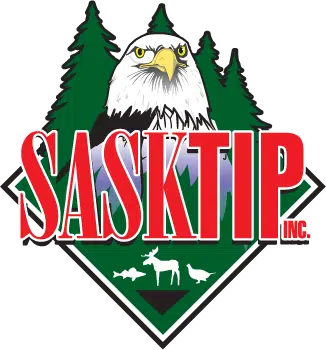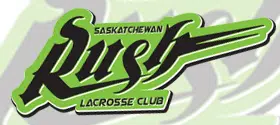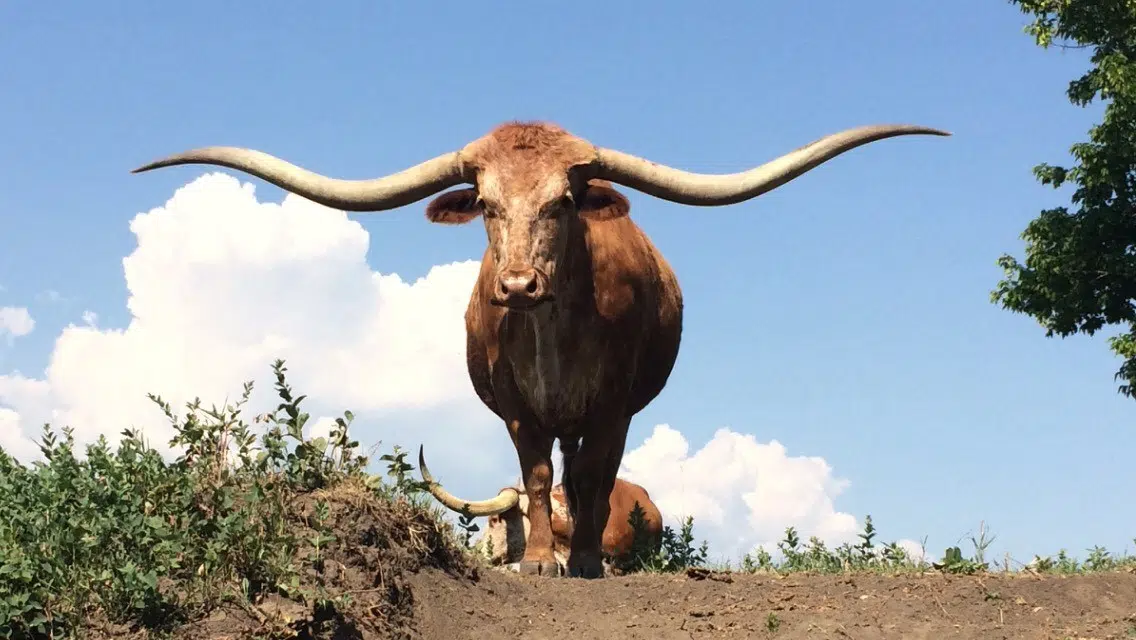
It has been 24 years since Texas Longhorns were in the Canadian Western Agribition show ring.
Texas Longhorns are a unique cattle breed. One of the entries from Wyoming has a horn span of more than nine feet from tip-to-tip.
Owner Kristopher Johnson from Big Horn, Wyoming says there is more to the breed than just the prolific horns. Calving ease is one of the main attributes.
“They naturally have a smaller calf. We have been raising Longhorns for 27 years and I think we’ve had to pull two calves.”
Johnson says some Longhorn cows have been known to have calves for as many as 20 years.
Alpacas are back at Agribition following a 17 year absence. They are sometimes compared to llamas, but they are noticeably smaller. Alpaca fibre is used to make warm clothing.
“Alpaca fibre is three times warmer than wool,” says Carol Poole, an alpaca producer from Edam, about 80 kilometres northwest of North Battleford. “I always wear alpaca socks and scarves in the winter.”
Alpacas are happy when its cold and do well in cold weather. The fibre is sheared in the spring and the yield ranges from 8 to 13 pounds per animal.
“I sell my fibre to a company called Alpaca Naturally. I can then buy products for wholesale, like yarn and socks, which I can sell.”
When the alpacas enter the show ring on Tuesday, they will be judged on both their fibre quality and their confirmation.
Canadian Western Agribition continues through Saturday in Regina.
(photo courtesy of Canadian Western Agribition)




